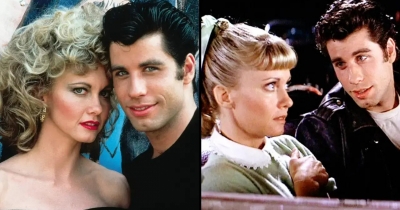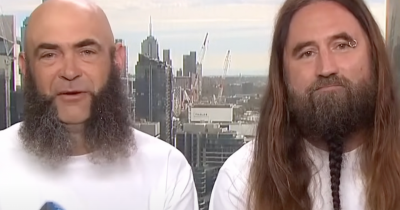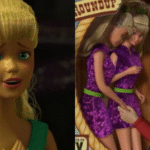Grease Called ‘Problematic’ By Modern Audiences Rewatching The Classic
Few films have left such a powerful a mark on popular cultural history such as Grease. It was released in 1978. The musical quickly became a worldwide phenomenon, combining catchy songs with electrifying dance numbers and the enthralling charm of its two main characters -they were John Travolta as Danny Zuko and Olivia Newton-John as Sandy Olsson. The story of summer romance, friendships between teenagers and rebellion in high school appealed to audiences across the generations.
However, more than forty years after the fact, the way the film is viewed has changed. What was once thought of as fun and light-hearted is now scrutinized as younger viewers call this film “sexist,” “misogynistic,” and “problematic.” As re-examinations of classic works are becoming normal in the age that is #MeToo as well as social media. movie has brought up a new debate over whether the film be praised for its nostalgic nature or be criticized for its messages that are no longer relevant to our current standards?
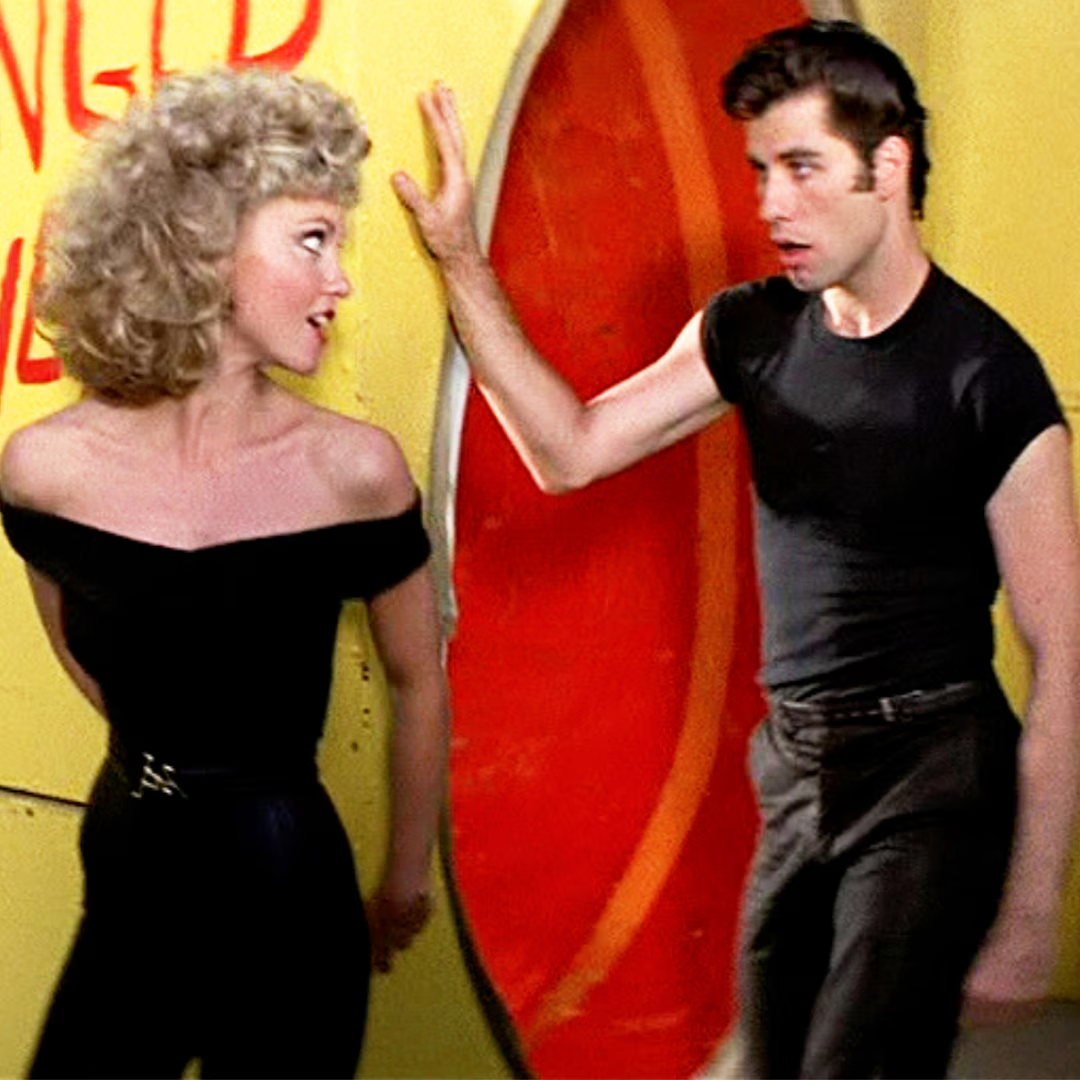
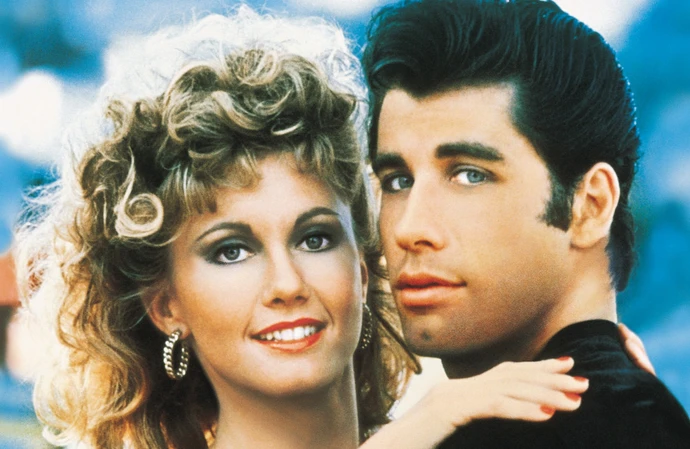
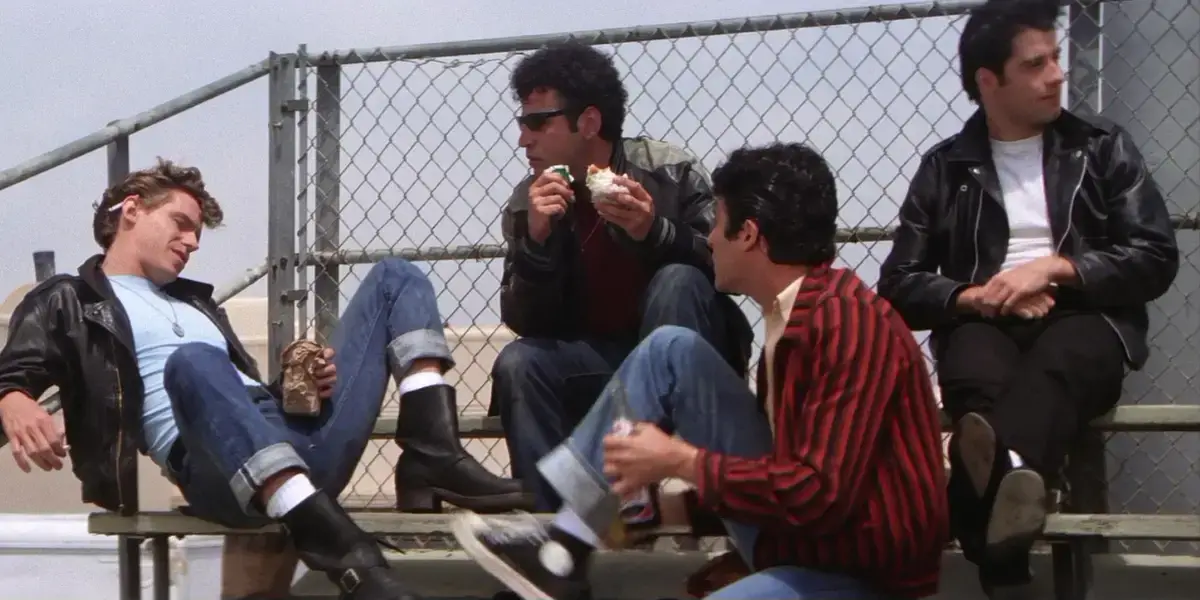
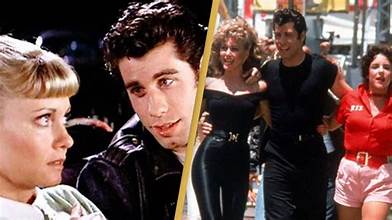
A Cultural Phenomenon of Its Time
The moment Grease was released in theaters in 1994, it was an international sensation. It was made on the basis of a budget of just $6 million, the film earned around $400 million globally and was one of the top-grossing musical films ever. The soundtrack was a chart-topping hit and songs such as I’m the Only One I Would And The Summer Nights becoming instantly iconic songs.
In addition to the big screen, Grease cemented its place in the collective imagination. Its retro-styled 1950s set as well as the leather-clad T-Birds in pink-colored Pink Ladies captured a sense of Americana that captivated viewers across the world. This film’s influence was acknowledged in the year 2020, when it was deemed suitable to be preserved in the U.S. National Film Registry as being “culturally, historically, or aesthetically significant.”
But, as beloved as the film may be it hasn’t softened the sharp edges. Actually, the passage of time has made certain scenes and songs more disturbing to contemporary viewers.
Why Some Viewers Call Grease “Problematic”
On social media platforms such as TikTok, Twitter, and Reddit Re-watching Grease is a popular trend however not always for good reasons. People who grew up with the film often express shock or even apprehension after revisiting the film as adults.
The most commonly cited critiques of the song is summer nights. The fun duet featuring Danny as well as Sandy is a jolly recollection of their summer love affair. However, the lyric “Did she put up a fight?” is an ominous message. Some argue that the song is a casual reference to coercion, an issue that does not fit with the present understanding of consent.
Other scenes are also under fire. Examples:
- The member from the T-Birds is seen peering into the skirt of a girl.
- At the drive-in Danny is able to force Sandy into a sexual relationship, which causes her to flee in outrage.
- The majority of the film portrays female characters through their relationships with men, perpetuating gender stereotypes.
On social media, users describe these instances as a reflection the era of “toxic masculinity,” “rape culture,” and outdated ideas about relationships between teens. Many have also pointed out the absence of diversity in racial groups, which is a fact that is highlighted more prominently in a current replay.
The Casting Controversy
Another element that is odd to modern viewers is the actors’ age. Although Grease takes place in high school, a lot of the actors were older than the character. Olivia Newton-John, who was 29, was playing Sandy and Stockard Channing was just 33 when she played Rizzo.
For years, Hollywood has often cast older actors as teenagers however, some critics are now arguing that this practice alters the way teens are depicted. The spectacle of watching 30-year-olds perform their teenage dramas can seem less authentic and, in certain cases, disturbing when seen through an updated lens.
Defenses of Grease
Many people don’t see Grease in an unfavourable way. Many fans believe that critics are missing the essence to the movie. They say they believe that Grease is originally meant to be a humorous music video that was exaggerated and exaggerated — not a true portrayal of teenage behaviour.
Olivia Newton-John herself spoke out against the controversy in 2020 in an interview in the magazine The Guardian. She reminded viewers that the movie was filmed in the 1950s and was a distinct cultural era. “It’s a movie,” she explained just. “It’s a tale of the 50s, when there was a change in the way things went. Everybody forgets that, at the end, he’s changed to her.”
Indeed, the defenders of the film frequently use the film’s ending to prove that the gender roles aren’t as polarized as the critics say. As Sandy has a recognizable transformation of her appearance to appeal to Danny by wearing the black look and sporting a fresh attitude Danny has a change of appearance, swapping his T-Bird rebellious look for a sleek, smoky letterman style. For fans, this change is more of a sign of compromise than submission.
Many viewers stress the importance of watching classic films in their context. The decision to censor or eliminate older works in totality, they claim is a way to not examine how the attitudes of society change over time.
The Larger Debate About Classics in Modern Culture
The debate surrounding Grease is part of a larger debate about how the public interacts with the older media. In recent times, films as well as TV shows and even children’s shows have been reexamined and reviewed to determine if they are based on outdated stereotypes or damaging themes. Since Friends having been accused because of its insularity, to Disney including disclaimers in the older films with animation, the public are more acquaint to the messages embedded into popular entertainment.
This reassessment, however, also poses the question should we evaluate older works solely by contemporary standards? Should we consider the works as being a product of their time, while admitting their shortcomings?
For certain people, Grease is an enjoyable time capsule that is one that is a classic musical to be appreciated as it is. For others, it’s a painful reminder of how popular entertainment was once a place where ideas were accepted as normal, but which we’ve come to view as detrimental. Both views are present and the film’s long-lasting popularity suggests that the argument isn’t going to go away in the near future.
Conclusion: Love It or Loathe It, Grease Still Sparks Conversation
Nearly 50 years after its debut, Grease remains in the same way as it was however maybe not in the manner the makers of the film envisioned. The show that was once hailed as a fun escape is now a focal point for debates about gender and consent as well as representation.


